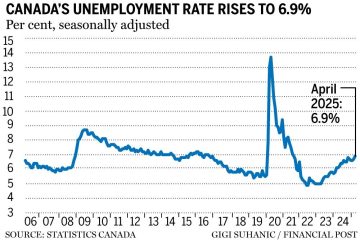28 Years Later: Reflecting on the 1995 Quebec Referendum

Introduction
As we mark 28 years since the 1995 Quebec referendum, where a narrow majority rejected the idea of Quebec’s sovereignty, it’s important to reflect on the lasting impacts this pivotal event has had on Canadian politics, identity, and the very fabric of the nation. The referendum not only underscored the political aspirations of Quebecers but also set the stage for ongoing discussions surrounding autonomy and cultural identity within Canada.
The Context of the 1995 Referendum
The referendum, held on October 30, 1995, was a watershed moment for Canada. The campaign was intense and polarized, centered around themes of national sovereignty versus unity. With a turnout of approximately 94% of registered voters, the stakes were high. Ultimately, the proposal for sovereignty was narrowly defeated, with only 50.58% voting against the motion. The result showcased the deep divisions in opinions within Quebec and across Canada.
Impacts Over the Years
Since the referendum, the political landscape in Canada has continued to evolve. The call for Quebec’s sovereignty remains a significant topic in Canadian politics, fostering ongoing discussions about federalism, provincial rights, and the future of Canada as a unified nation. Major political parties have taken various stands on the issue, and discussions around constitutional reform have resurfaced repeatedly.
Furthermore, cultural identity has been a lingering theme. Quebec’s unique identity, characterized by the French language and distinct customs, has gained even more prominence. The provincial government continues to advocate for the protection of French culture and language, emphasizing its importance in the face of globalization and cultural assimilation.
Looking Forward
As Canada approaches the next federal election, the echoes of the 1995 referendum may resurface in political debates. With an increasing focus on diversity and inclusion, regional identities could play a more significant role in shaping party platforms and voter opinions across the country.
The future of Quebec’s relationship with the rest of Canada remains a critical issue. Political analysts believe that discussions surrounding sovereignty will persist, potentially resurging if there is appropriate political alignment and public sentiment shifts towards greater sovereignty aspirations.
Conclusion
In conclusion, the 28 years following the 1995 Quebec referendum have been marked by complex challenges and dynamic changes in Canadian political and cultural discourse. Understanding this crucial event is pivotal for interpreting the current state of affairs and anticipating future developments. As Canada continues to evolve, the legacy of the referendum may play a key role in shaping national identity and federal relations for years to come.








